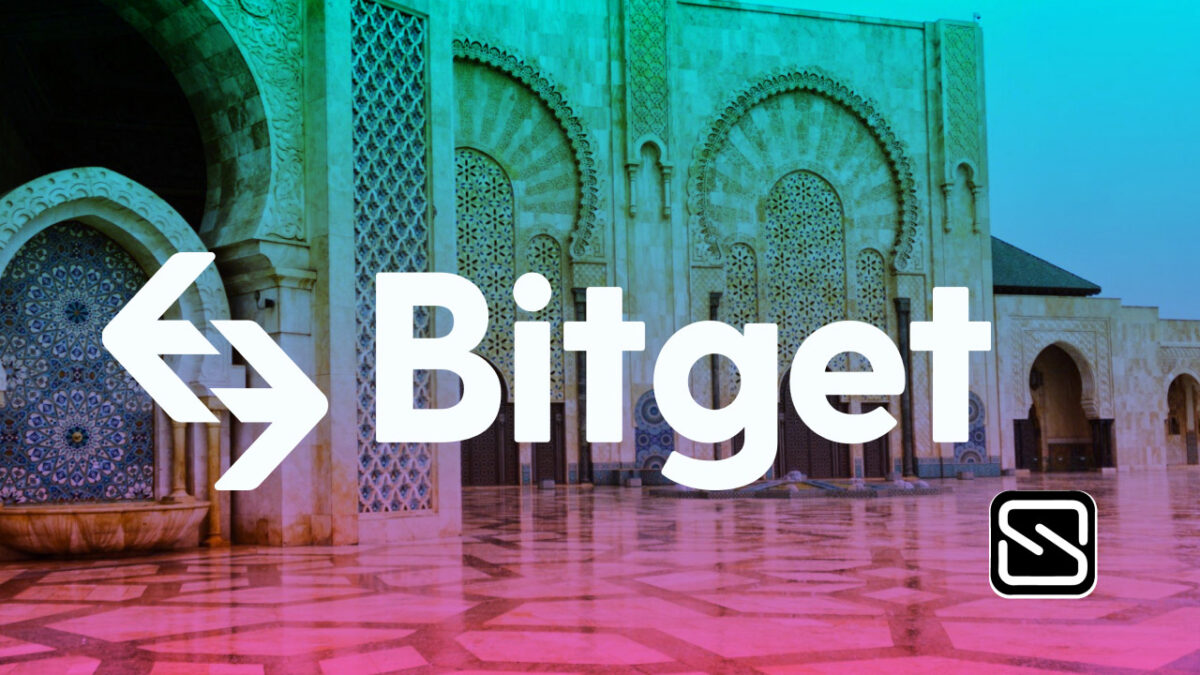The CEO and co-founder of Canza Finance, a neobank, asserts that embracing Baki for foreign exchange transactions within Africa could establish a central platform for African businesses to engage in intra-African and FX trades at reduced expenses.
Accessing forex liquidity and conducting currency swaps pose significant challenges for many in Africa, constraining the utilization of United States dollar-based services within the continent’s import-dependent economies. This gap, according to Pascal Ntsama IV, the CEO of Canza Finance, could be bridged by decentralized finance (DeFi), leveraging cryptocurrencies, blockchain networks, and related services.
In an interview, the CEO highlighted Canza Finance’s new DeFi innovation, Baki, aimed at tackling this issue by providing decentralized foreign exchange (FX) for African currencies. Baki aims to facilitate swaps devoid of slippages at official central bank rates, fostering a platform for businesses to engage in intra-African and FX trades at a reduced cost.
The conventional exchange of local African fiat currencies often results in funds exiting Africa, leading to inflation in the dollar value and increased costs due to currency slippages. Baki intends to counter this by enabling traders to swap currencies without loss, transacting at official central bank prices.
The growth projections for DeFi in Africa indicate an annual growth rate of 21.99%, with estimates suggesting it could attract over half a million users by 2027. However, experts advise caution in these forecasts, considering the continual rise in grassroots adoption of blockchain products.
When questioned about the viability of Baki’s services in countries like Nigeria, where blockchain technology adoption remains limited even after receiving approval, Ntsama stated that Baki is designed to operate within the current regulatory framework. It leverages existing user behaviors to address blockchain-related challenges, though he emphasized that favorable regulatory changes could spur more widespread industrial and institutional adoption for Baki.
Ntsama highlighted that in traditional FX swaps, the agent assumes local currency risks until they can offload the position, necessitating risk pricing for the buyer. Baki mitigates these risks by facilitating swaps between similar currencies at official rates, enabling the agent to transition into U.S. dollar positions with minimal slippage.
According to Ntsama, users and entities providing liquidity for Baki receive yields from the 80 basis points fee charged on each currency swap within the system. This yield is divided, with 50% going to liquidity providers, 25% to Canza Finance native tokenholders, and the remaining 25% to Canza Finance itself.









